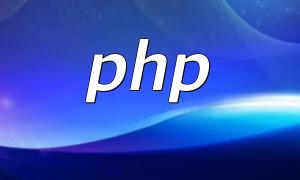PHP 8, officially released on November 26, 2020, marks a significant evolution in the PHP language. It introduces powerful new features and optimizations that greatly enhance performance, security, and developer experience. Below is an in-depth look at the key features of PHP 8.
One of the most notable additions in PHP 8 is the JIT compiler. It compiles PHP code into native machine code at runtime, boosting execution speed. This feature is especially beneficial for CPU-intensive operations, offering performance gains of several times compared to previous versions.
PHP 8 brings a more robust and refined type system. It introduces the new mixed type, enhances return type declarations and parameter typing, and improves PHPDoc type annotations. These enhancements make type checking more precise, reducing potential bugs and improving overall code reliability and maintainability.
PHP 8 adds several new language constructs to make development faster and more expressive:
PHP 8 unifies and strengthens its error handling model. Through the Throwable interface, developers can catch and handle errors, exceptions, and fatal errors more consistently. New helper functions like str_contains(), str_starts_with(), and str_ends_with() make string handling simpler and more efficient. Error reporting has also been refined for clearer debugging.
Thanks to JIT compilation and underlying engine optimizations, PHP 8 delivers significant performance gains in both speed and memory usage. Compared to PHP 7.4, PHP 8 runs up to twice as fast, making it a faster and more efficient runtime environment for modern web applications.
Beyond the headline features, PHP 8 includes numerous syntax improvements, new standard library functions, and the removal of deprecated features. These updates modernize the language and simplify development, resulting in cleaner and more maintainable code.
Before upgrading to PHP 8, developers should thoroughly test existing projects to ensure compatibility. Since certain legacy features have been removed or altered, code review and testing are essential for smooth migration.
PHP 8 represents a major step forward for the PHP ecosystem. With its JIT compiler, advanced type system, new syntax features, and substantial performance optimizations, PHP 8 delivers a faster, safer, and more modern development experience. It firmly establishes PHP as a powerful platform for building high-performance applications.









